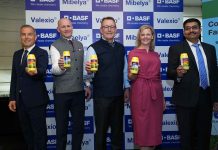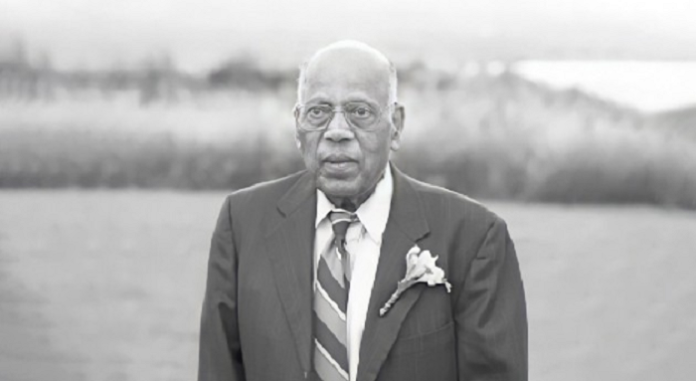Dr. Srinivasa Sourirajan, the accomplished scientist best known as the father of Reverse Osmosis, died peacefully in his sleep at the age of 98 in Ottawa, Canada on 20th February, 2022. His prolific and highly impactful work contributed to the development of scientific pathways that addressed some of the most pressing social issues of our time, including equitable global access to drinkable water and food supply, innovation in healthcare and medicine, and scientific breakthroughs on clean energy. He was a three-time nominee of the Nobel Prize in Chemistry.
Born in a small rural village in south India, he was in the first generation of young Indians who received a PhD in chemistry in post-colonial India. His thesis research caught the attention of Prof. Paul Emmett of Johns Hopkins University, a world leader in the field of catalysis. This brought him to the United States in the mid 1950’s to Yale University, where he received an additional doctorate in Chemical Engineering.
In 1956, Dr. Sourirajan joined UCLA as a research scientist and made seminal contributions in three areas. First, he pioneered new research methodologies and techniques that generated novel data about geophysics. Second, his trailblazing catalysis work led to the development of unleaded gas to fight the growing smog problem. Third, and perhaps most notably, he invented modern reverse osmosis using a cellulose acetate polymer with Sidney Loeb
In 1961, Dr. Sourirajan and his family moved to Ottawa, Canada, where he worked at the National Research Council (NRC) as a research scientist for 25 years. His work and reputation made the NRC the world center of membrane research in the 1960s, attracting top scientists from around the globe. His work on reverse osmosis inspired commercial and industrial use cases from multinational corporations like Dupont. After he retired from the NRC in 1986, he founded the Industrial Membrane Research Institute (IMRI) in the Department of Chemical Engineering at the University of Ottawa with the goal of educating the next generation of scientists. In 1991 Dr. Sourirajan moved to Singapore to establish a membrane research laboratory at the National University of Singapore.
Dr. Sourirajan received numerous awards and accolades over the course of his lifetime, including an Honorary Doctorate Degree awarded by the University of Ottawa in 1994. He was inducted into the American Membrane Technology Association’s Hall of Fame in 2016. Dr. Sourirajan was recognized by the Canadian Chemical Engineering Conference as one of the top-achieving chemical engineers of the 20th century. He was also lauded by the scientific community for his influence as a scientist, inventor, and philosopher.
In addition to his scientific legacy, Dr. Sourirajan was among some of the first Indian immigrants who settled and raised their families in Ottawa and was active in helping to build the Indian community there. Dr. Sourirajan is survived by his wife, Kamala; his son, Krishna; his daughter-in-law, Chitra; his three granddaughters, Sonali, Kishori, and Anjana; his grandson-in-law, Andrew, and his great-grandson, Nikhil.

































